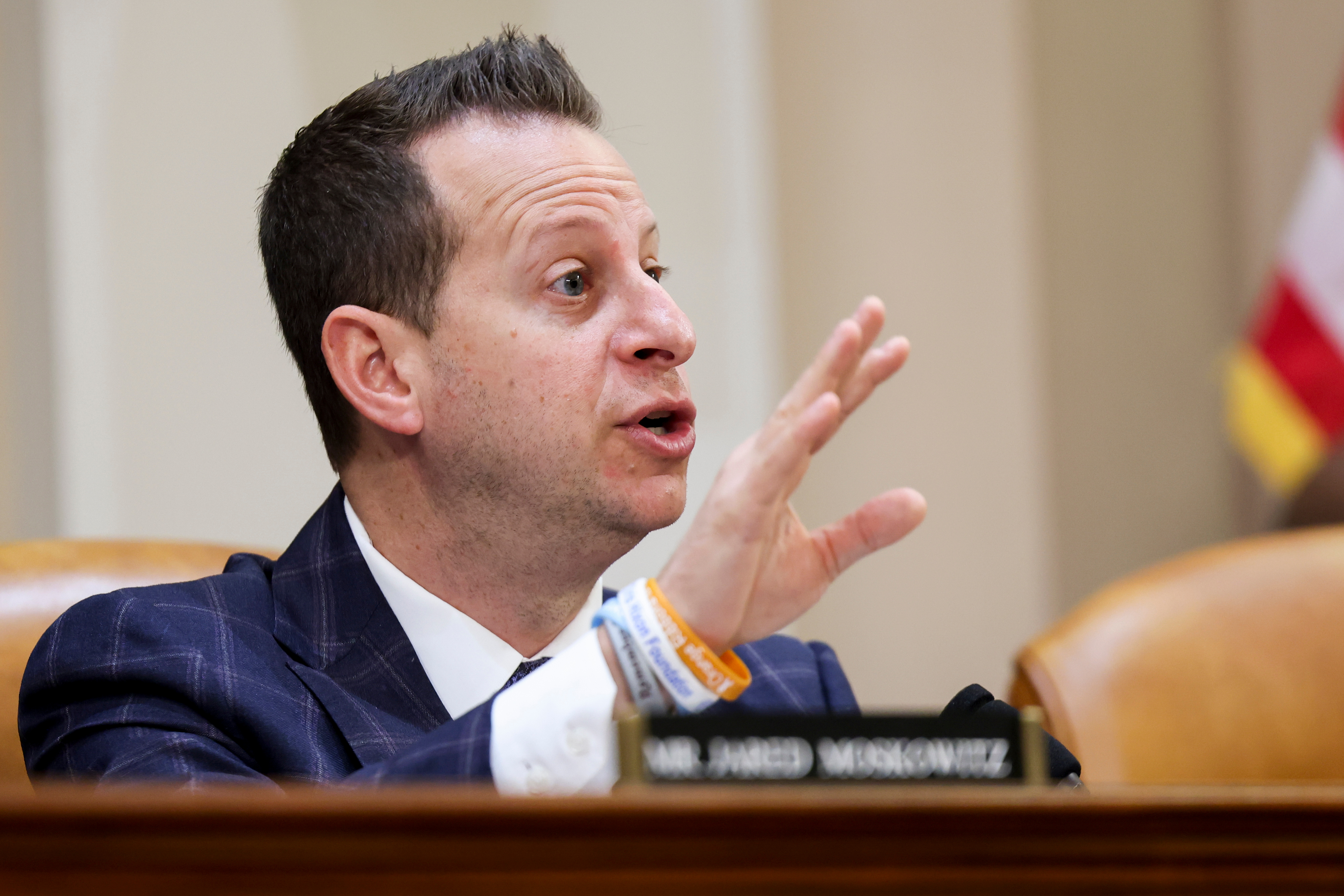Compared with the wild twists and turns of the presidential election, Florida's primary Tuesday will be relatively tame.
The only statewide race on the ballot is for the Senate seat held by Republican Rick Scott.
Local races are expected to be the main motivator to get people to the polls, including school board seats and sheriff's races.
Poll will be open in South Florida from 7 a.m. to 7 p.m. The last Florida polls close at 8 p.m. EDT.
The Hurricane season is on. Our meteorologists are ready. Sign up for the NBC 6 Weather newsletter to get the latest forecast in your inbox.
Here's a look at who can vote and what to expect in the Florida primary races.
Who can vote in the primaries?
Only voters registered with a political party may participate in that party’s primary. Democrats may not vote in the Republican primary or vice versa. Independent or unaffiliated voters may not participate in either primary.
Local
Your last day to register to vote in primaries was July 22. If you are unsure if you're registered, check here. You still have until Oct. 7 to register to vote in the general elections in November.
In Broward County, you can find your precinct here.
In Miami-Dade County, go here to find your precinct.
Machine recounts in Florida are automatic if the vote margin is 0.5% of the total vote or less. If the machine recount results in a vote margin of 0.25% of the total vote or less, a manual recount of overvotes and undervotes is required.
U.S. Senate
While Scott technically has a primary, he is expected to win easily over two minor candidates with little name identification or money. He has the power of incumbency along with the backing of his party and has already spent about $27 million on his reelection, including millions of his personal money.
The leading candidate in the Democratic primary is former U.S. Rep. Debbie Mucarsel-Powell, who in 2018 became the first Ecuadorian American and first South American born woman elected to Congress. She lost her seat after one term.
Mucarsel-Powell has the backing of party leaders and has raised $12 million for the race. Scott is already campaigning as if she will be his opponent, but she first faces Navy veteran and businessman Stanley Campbell, Army veteran and businessman Rod Joseph and Brian Rush, a former four-term Florida state representative.
Congress
Incumbents are running for 27 of the state's 28 House seats and all should be safe in the primary barring any surprises. The one open seat is now held by Republican Bill Posey in a conservative district along Florida's central Atlantic coast.
Posey announced his retirement hours after former Senate President Mike Haridopolos qualified for the race. He immediately backed Haridopolos, who now faces tech businessman John Hearton. The winner of the GOP primary will be the favorite to win in November. Democrats Sandy Kennedy and Daniel McDow are seeking the Democratic nomination.
U.S. Rep. Matt Gaetz' bid for a fifth term also is gaining some attention, largely because former House Speaker Kevin McCarthy's political committee has spent $3 million attacking Gaetz and backing primary opponent Aaron Dimmock. McCarthy's meddling in the race comes after Gaetz led a group of eight far-right Republicans who toppled McCarthy from the speakership with the help of Democratic members.
The attacks on Gaetz have been brutal and stem from a House Ethics Committee investigation into sexual misconduct and drug use. But the allegations aren't new and Gaetz has a loyal following in the district that includes Pensacola and much of the Panhandle. Since winning office in 2016, Gaetz has easily won primaries with between 65% and 80% of the vote.
A number of other congressional races in South Florida are also on the ballot.
In District 23, Democrat Jared Moskowitz, who didn't have a primary challenger, will find out which Republican he'll face in November.
It's the same for Frederica Wilson in District 24, as a pair of Republicans are vying to face her in November.
Incumbents Debbie Wasserman Schultz (25), Mario Diaz-Balart (26) and Maria Elvira Salazar (27) are all facing primary challenges on Tuesday.
State and local races
For the first time ever, Florida Democrats have fielded a candidate for all 120 House and 40 Senate seats. Although it's an admirable achievement and will force Republicans to spread their money around, Democrats lost control of the Senate in 1992 and the House in 1996.
Republicans have built a supermajority in both chambers. A few seats might change parties after November, but Republicans will likely maintain their dominance in the Legislature.
School board races will face added attention in several districts with Florida Gov. Ron DeSantis endorsing 23 school board candidates across 14 counties this cycle and targeting 14 incumbent members.
The Florida Democratic Party has backed 11 candidates of their own in school board races. It introduced its list under the title of "Take Back Local" and said the candidates would receive organizational and fundraising support.
Miami-Dade Mayor Daniella Levine Cava is running for a second four-year term and faces a group of challengers. Three Miami-Dade commission races are also on the ballot.
For the first time in nearly 60 years, Miami-Dade voters will have the chance to elect the county's sheriff. The position is one of five new elected offices in the county, which also includes tax collector and supervisor of elections.
In Broward, Sheriff Gregory Tony is seeking reelection but faces three primary challengers. The winner will face an independent candidate in November.
By the numbers
At the voter deadline for the primary, Republicans outnumbered Democrats 5.3 million to 4.3 million, with 3.5 million voters choosing not to register with a party.
Read more: Florida's registered Republicans now outnumber Democrats by nearly 1 million



